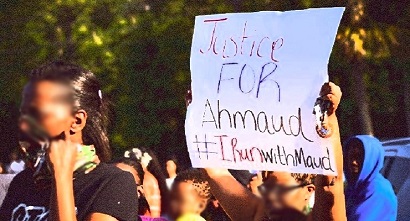 A couple of Saturdays ago my family and I were sitting in the backyard after dinner listening to music. It was a warm evening and I had the music up as high as it could without disturbing our neighbors. I’d gotten things started by queueing up one of my favorite songs: the always great “American Pie” by Don McClean (extended version, of course).
A couple of Saturdays ago my family and I were sitting in the backyard after dinner listening to music. It was a warm evening and I had the music up as high as it could without disturbing our neighbors. I’d gotten things started by queueing up one of my favorite songs: the always great “American Pie” by Don McClean (extended version, of course).
I’ve always loved this song, a love that’s no doubt been passed to me by my mother who would turn up the radio full blast every time it came on in the car when I was younger. This time, though, the song hit a little differently.
Specifically, the line, “…and them good ole boys were drinkin’ whiskey and rye, singin’ this’ll be the day that I die…this’ll be the day that I die…” struck me.
I want to be clear that I’m unsure of what Don McClean meant when he sang this—I’ve always taken it literally and haven’t done a deep dive into the song facts to learn otherwise. To me, this part spoke of some old friends past their youth, reminiscing on all the events that shook the country, feeling mortality in their bones as they shared a final drink together and supposing that now that all was said and done, their lives are coming to a close. But now, I’m wondering if this statement could be (or was intended) to be taken politically—as in them good ole boys.
I shared this thought with my dad, and while we were of the same mind (the song probably isn’t talking about those boys), it got me thinking about those boys and the ways they’re still existing and thriving in America. Could there be good ole boys sitting around their backyards (or in their Chevys at the dry levee) with whiskey and rye thinking about the good old days and how, because so much has changed, they’re closer than ever before to the day they’ll die? Could these good ole boys be thinking about how they’d be willing to die if only to make the country “great” again—whatever that takes and whatever it looks like?
I think we each have our own answers to these hypotheticals.
What’s scary, though, is that the worst answers are probably closest to the truth. Death has been closer and more obtrusive in our collective thoughts lately. Since this pandemic began, the amount of pain, death, and injustice we’ve seen has felt so overwhelming it’s almost too much to think about for more than a few moments. We’re bombarded with devastating headlines every hour of every day, from multiple outlets. But what’s been hitting me a little harder are the issues happening concurrently with this pandemic.
It’s been noted that this past March was the first March since 2002 without a shooting in US schools. There’s a lot to unpack there and I wish I had the space and wherewithal to comb through it in this piece, but I want to focus on how this headline only exists because students are not able to physically be in school right now.
If they were? I think we, sadly, have the answer to that.
Though social distancing has been inconvenient and tedious for most, it has kept us safe in these specific ways because we’re no longer out in the dangerous everyday world. Of course, a quick look at the tragedy in Canada last month proves that the “we have bigger problems right now” mentality is a dangerously naive one, but I hope you can see what I’m trying to say: our “standard” crimes and headlines about shootings and slayings and police brutality feel absurd in this moment because we have a much bigger, scarier problem affecting us all. COVID19 doesn’t discriminate, and in many ways it’s put us all in the same boat. Not just a single state or our country, but the entire globe. At least for me, it felt like this new reality should be one in which people come together and act better—either because they have no choice but to stay home and away from others, or because they’re making a conscious choice to think about their fellow man.
I know, it’s naive.
But I think all of our reactions to a news report about a senseless crime right now would be something along the lines of, “Really? During a pandemic? What’s wrong with these people?” It would feel like several steps too far, one negative headline too many given everything else that’s happening.
This is how I felt when I read about Ahmaud Arbery, a 25-year-old black man who was gunned down in broad daylight in Georgia by some good ole boys while he was out for a jog—something he did, and many of us do, every day. These men assumed Arbery was a suspect in a string of recent robberies for no other reason than he was black, and took it upon themselves to hop in their trucks and follow him with guns in tow. Can you imagine the sheer panic he felt? The absolute terror of what could, and ultimately did, happen?
There’s now a grisly video going around of Arbery running for his life, struggling with the men once they catch up with him, and then after one, two, three deafening bangs we see Arbery trying to get away, falling to the ground, and not moving again. I won’t add the link to this footage here, but you can find what I’m talking about with a quick search on almost any platform.
I’m trying to think of the shooters’ perspective: they probably believed they were just delivering justice, protecting their town, right? Was it their fault that they made a mistake and an innocent man got caught in the crossfire? Is his blood really on their hands? Do they deserve judgment or punishment for doing what’s “right”?
I can’t imagine how the news of Arbery’s death spread to his family. In a time when people fear they’ll die from a deadly virus, Arbery dies from gunshot wounds while on a jog because he was racially profiled. The headline felt absurd and infinitely more sickening in this new world. Like it belonged to the old backwards world, before COVID. In this new world life is supposed to be more precious, more strongly protected. We’re supposed to be looking out for one another. Isn’t that why we’re staying home?
But I know I’m being naive again.
Too close on the heels of Arbery’s death is what happened the first weekend in May: many news outlets are calling it a “tale of two cities” because in one story, a crowd of mostly white people sat blatantly ignoring social distancing laws and New York’s lockdown orders to sunbathe at the park. Instead of being fined or forced to go home, policemen and women handed out masks to these people and left them to their business.
In another story on the same day, in the same state, from members of the same police force, black and brown people were violently handled for not standing far enough apart while they talked. In one picture, smiling people at the park. In the other, bodies on the ground with cops on top of them.
Before this, massive crowds in Michigan of gun-toting good ole boys stormed their state capitol and not one was injured, arrested, or killed. There was no fighting that resulted in the pull of a trigger, no death. They got to go home unscathed after bringing guns and tactical gear to a protest at the state capitol, after shouting in the faces of the policemen and women who they otherwise insist are always only trying to protect and serve. Of course I don’t want anyone to have been hurt or killed—I’m grateful for less bloodshed in the world—but can you imagine this patience and leniency happening if the protestors had been a crowd of brown bodies? Black bodies?
We each know the answer. And don’t get me started on Colorado.
So where does this leave us? What do we do about the good ole boys drinking whiskey and rye and fighting for their “rights” (i.e. against necessary inconveniences) in the middle of a global pandemic? And how do we reconcile the headlines of the “old world” that are still popping up in this new world? Because the world is new now—this event is changing us and we won’t be the same after it’s finished. More than anything, what can stop the good ole boys when they’re feeling set upon, oppressed? And what happens to the rest of us who get caught in the crossfire?
I wish I had an answer.
Rest in peace and power, Ahmaud Arbery and the millions we’ve lost to COVID worldwide.












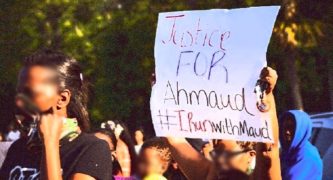



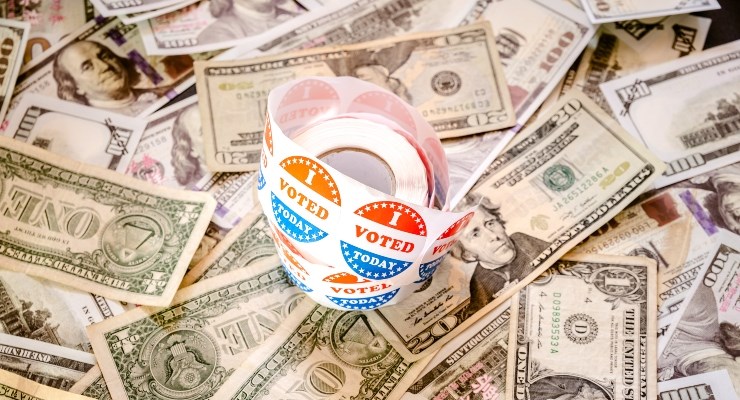
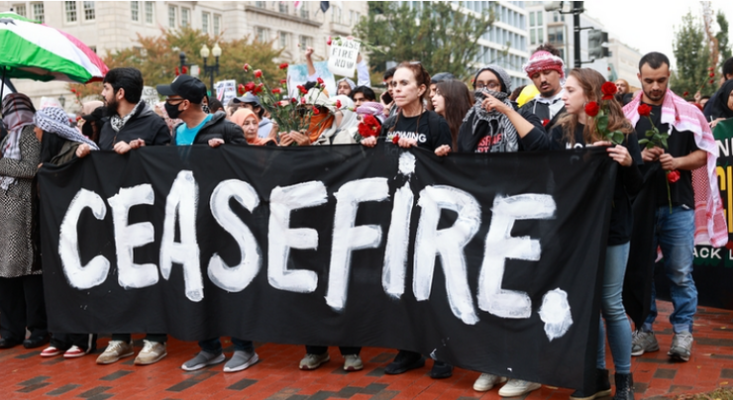
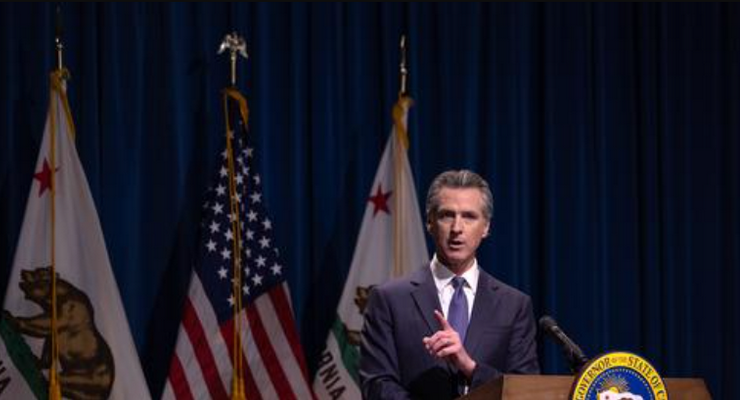
4 thoughts on “IT MATTERS: Them Good Ole Boys”
Thank you for this, Kathryn. It certainly causes one – or should — to contemplate. The sad part is that this will never pass — at least not in my generation or the next. I’ve always known that there is a target on my back — and hoped that those around me never had cause to shoot.
Sobering and insightful. Captures the reactions many of us have to the juxtapositions of images seen and actions taking place between the “we are in this together” and “I have my rights!” Timely piece!
The arc of the moral universe may indeed be long and may, even, bend toward justice. But not of its own volition, but through our day to day actions to push the arcs of our moral consciences is that direction. Thanks for a step in the right direction.
I think they were singing “That’ll be the Day” by Buddy Holley, since American Pie is about the day the music died, when Buddy, the Big Bopper, and Richie Balens died